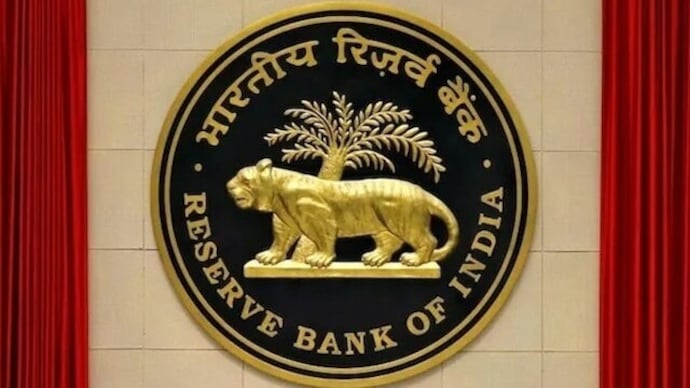
RBI Reviews E-Wallets After BluSmart’s Collapse
The Reserve Bank of India (RBI) has launched a detailed review of digital wallets tied to app-based services, following the sudden collapse of BluSmart, an all-electric taxi service. The move comes in response to mounting complaints from users who were left unable to recover funds stored in BluSmart’s internal wallet system.
BluSmart’s Sudden Shutdown
BluSmart abruptly ceased its operations in April 2025, leaving thousands of customers stranded without access to prepaid balances in its digital wallet. These funds, which users had loaded for future ride bookings, are now locked. BluSmart stated that refund processing could take up to 90 days, triggering a wave of concern regarding consumer protections in closed-loop wallet systems.
The company’s shutdown has exposed gaps in regulatory oversight for such platforms, which operate outside the purview of RBI’s direct supervision because their wallet systems are not interoperable or connected to other financial services.
RBI’s E-Wallet Review
In response, the RBI has initiated informal consultations with a range of stakeholders, including app-based EV services and EV charging-point operators. The focus is on understanding risks tied to closed-loop wallets, which differ from open-system wallets regulated under the RBI’s Prepaid Payment Instruments (PPI) framework.
One of the key proposals under evaluation includes mandatory escrow mechanisms to safeguard customer balances. This would ensure that even if a service provider exits the market or defaults, consumers could still reclaim their funds. Another measure being considered is the extension of certain compliance standards from the regulated open-wallet framework to large-scale closed-loop systems.
Implications for Digital Wallet Regulation
The broader implications of RBI’s review could significantly alter the functioning of India’s app-driven digital economy. Many platforms use wallet-based payment systems to increase customer retention and incentivize repeat transactions. However, the BluSmart collapse has underlined the vulnerability of consumers when those platforms fail.
Stronger regulatory checks may boost consumer confidence but could also impose additional compliance costs and infrastructure demands on startups and digital service providers. As the RBI weighs its options, businesses, fintech operators, and investors are closely watching for any policy changes that could redefine digital payment norms.
With user trust, financial security, and digital innovation at stake, the upcoming months may bring a fundamental shift in how closed-loop wallet systems are managed in India.


















